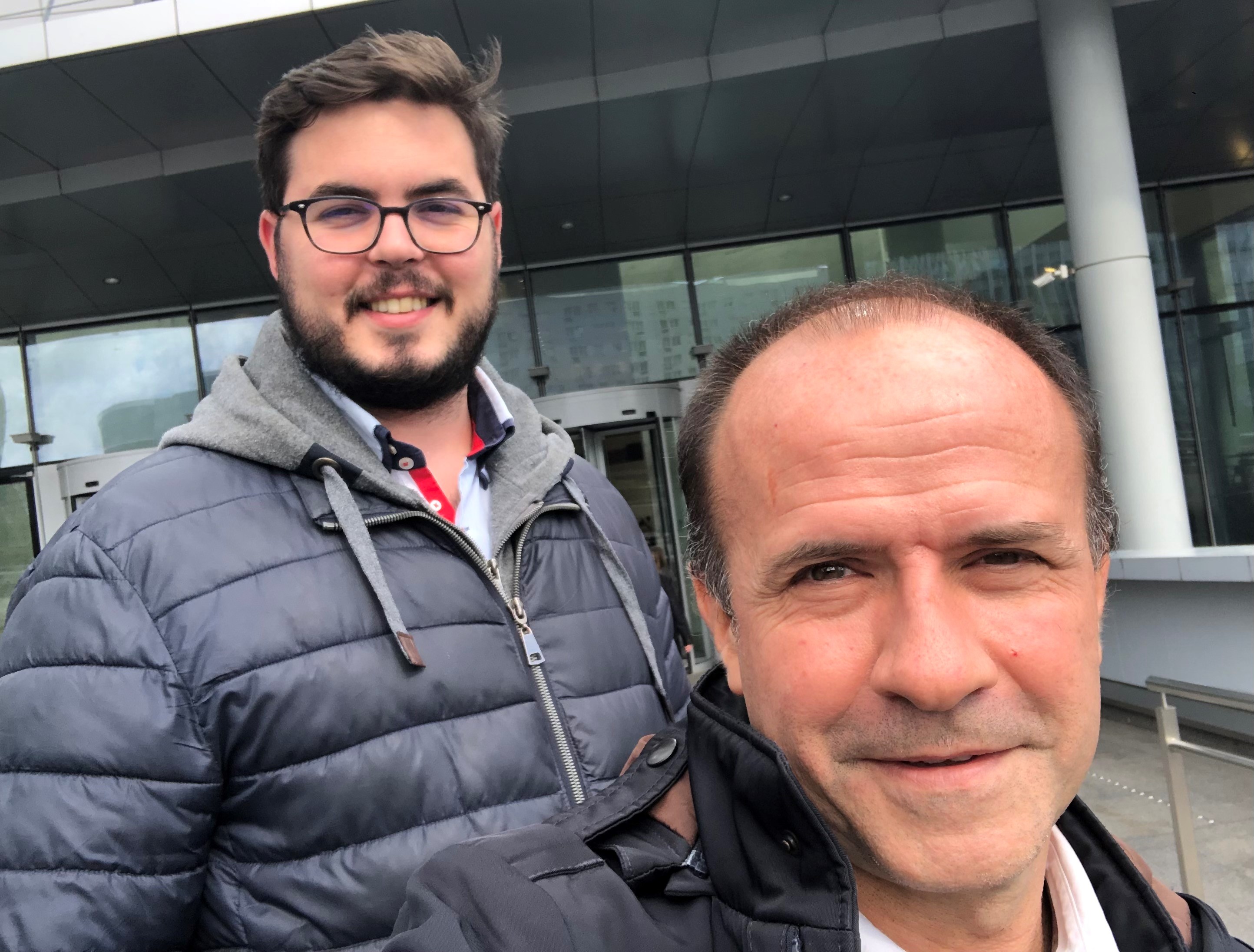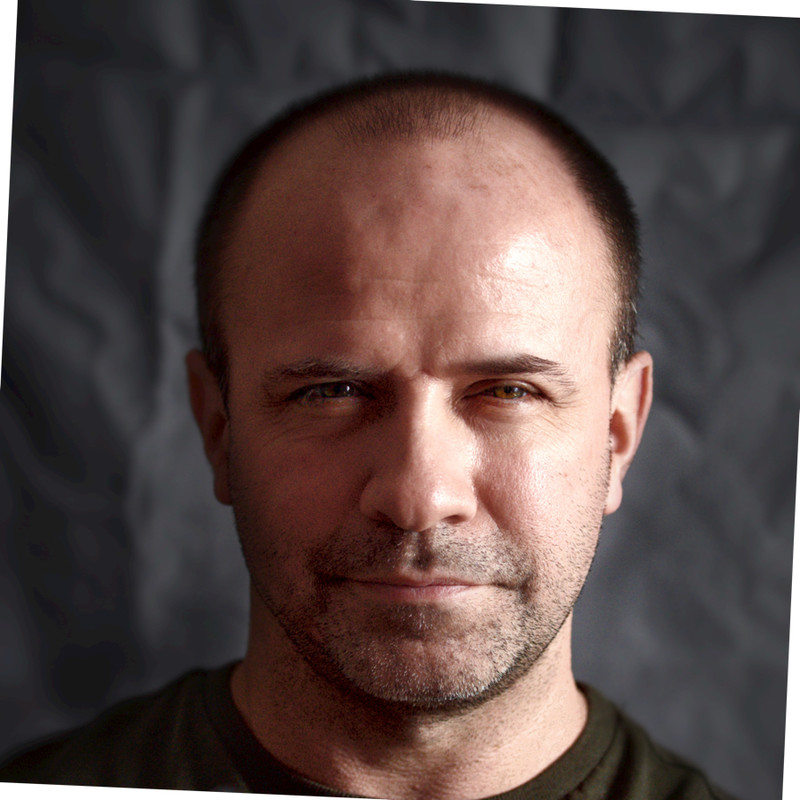Enter the workplace “buddy”, a more senior colleague who is assigned to a new recruit to ease onboarding and assimilate them into the company culture. And it works: in my experience, meetings between buddies can be equally enriching for both parties.

Buddy up! How buddies offer support for new employees
27 January 2022
Starting a new job can be incredibly exciting, if overwhelming. You’re entering into a new ecosystem and learning a new role and processes, while everyone else seems to already know each other, and how to do everything. Who do I contact to find the right form to set up a new client, again? So many questions, so little time.
Enter the workplace “buddy”, a more senior colleague who is assigned to a new recruit to ease onboarding and assimilate them into the company culture. And it works: in my experience, meetings between buddies can be equally enriching for both parties.
Enter the workplace “buddy”, a more senior colleague who is assigned to a new recruit to ease onboarding and assimilate them into the company culture. And it works: in my experience, meetings between buddies can be equally enriching for both parties.
Everyone needs a buddy
I’ve been with Allianz Trade (previously Euler Hermes) for 20 years, across many different roles spanning IT and innovation. I have a lot of knowledge to share with junior colleagues, which is why I immediately signed up at the launch of our buddy programme last year.
The programme invites junior employees to sit down in casual setting with more experienced colleagues like me. We provide an additional source of information from someone outside of their daily network of team members, managers and HR specialists. The buddies don’t have a hierarchical or direct professional link, and there is no official objective. However, there is an overall goal: to provide the new employee with tools to integrate into the company, meet more people, learn new things, or find solutions to any challenges.
The programme invites junior employees to sit down in casual setting with more experienced colleagues like me. We provide an additional source of information from someone outside of their daily network of team members, managers and HR specialists. The buddies don’t have a hierarchical or direct professional link, and there is no official objective. However, there is an overall goal: to provide the new employee with tools to integrate into the company, meet more people, learn new things, or find solutions to any challenges.
You've got a friend in me
About half-way into last year, shortly after joining the programme, I received an email from HR with the names of two buddies I’d been teamed up with. Then, it was up to me to reach out to them and suggest a time and place to meet.
My first buddy was someone I actually knew already through working on projects together. We met for lunch and chatted for an hour about his role in IT and how my insights could help him. Allianz Trade is a large corporation with a lot of resources, but junior staff may not be comfortable taking advantage of everything that’s on offer. I told my buddy about specific trainings that could be beneficial to him, and about people he should reach out to for further advice. As I work with several “agile squads”, meaning small, multidisciplinary teams of developers, I was also able to share some good tips, for example on our use of the software application Jira. On my side, it was invigorating to see his perspective on the company. At the end of our meeting, I asked my buddy what his former school friends thought about his career choice. "When I tell them about my daily job and my integration into the company, they’re envious!” he said. Having stayed with the company for 20 years, I’m clearly very happy here. But it’s nice to be reminded about how we compare to the outside world.
My first buddy was someone I actually knew already through working on projects together. We met for lunch and chatted for an hour about his role in IT and how my insights could help him. Allianz Trade is a large corporation with a lot of resources, but junior staff may not be comfortable taking advantage of everything that’s on offer. I told my buddy about specific trainings that could be beneficial to him, and about people he should reach out to for further advice. As I work with several “agile squads”, meaning small, multidisciplinary teams of developers, I was also able to share some good tips, for example on our use of the software application Jira. On my side, it was invigorating to see his perspective on the company. At the end of our meeting, I asked my buddy what his former school friends thought about his career choice. "When I tell them about my daily job and my integration into the company, they’re envious!” he said. Having stayed with the company for 20 years, I’m clearly very happy here. But it’s nice to be reminded about how we compare to the outside world.

My second meeting was with a young developer who had joined Allianz Trade through a work and study programme. We met for coffee near the office and mostly talked about how he could approach his manager to discuss his professional development goals. I was able to explain to him how to talk to his superior, but also show him some of the tools we use. For example, I am currently using a very modern development framework called Mendix. Our meeting was a golden opportunity to give my buddy a one-hour demonstration of the exciting ways in which we use Mendix to build innovative digital applications with our application programming interfaces (APIs). For me, this meeting was also interesting because it gave me an insight into the challenges faced by someone so young.
Sharing is caring
Fresh talent is incredibly valuable to any business. In my experience, junior colleagues offer new perspectives and a can-do attitude, and tend to have a keen eye on new technologies and methods that can drive a business forward. In today’s job market, these people are highly sought after, and it’s important that companies ensure their job satisfaction through different avenues of support.
What’s great about a buddy programme is that it provides no-pressure support for one person, and new insights to the other. This creates a win-win situation for junior staff, senior employees and the business.
What’s great about a buddy programme is that it provides no-pressure support for one person, and new insights to the other. This creates a win-win situation for junior staff, senior employees and the business.
Got questions? Connect with Benoit

Benoit Bernheim
IT Innovation and Advisory Officer














